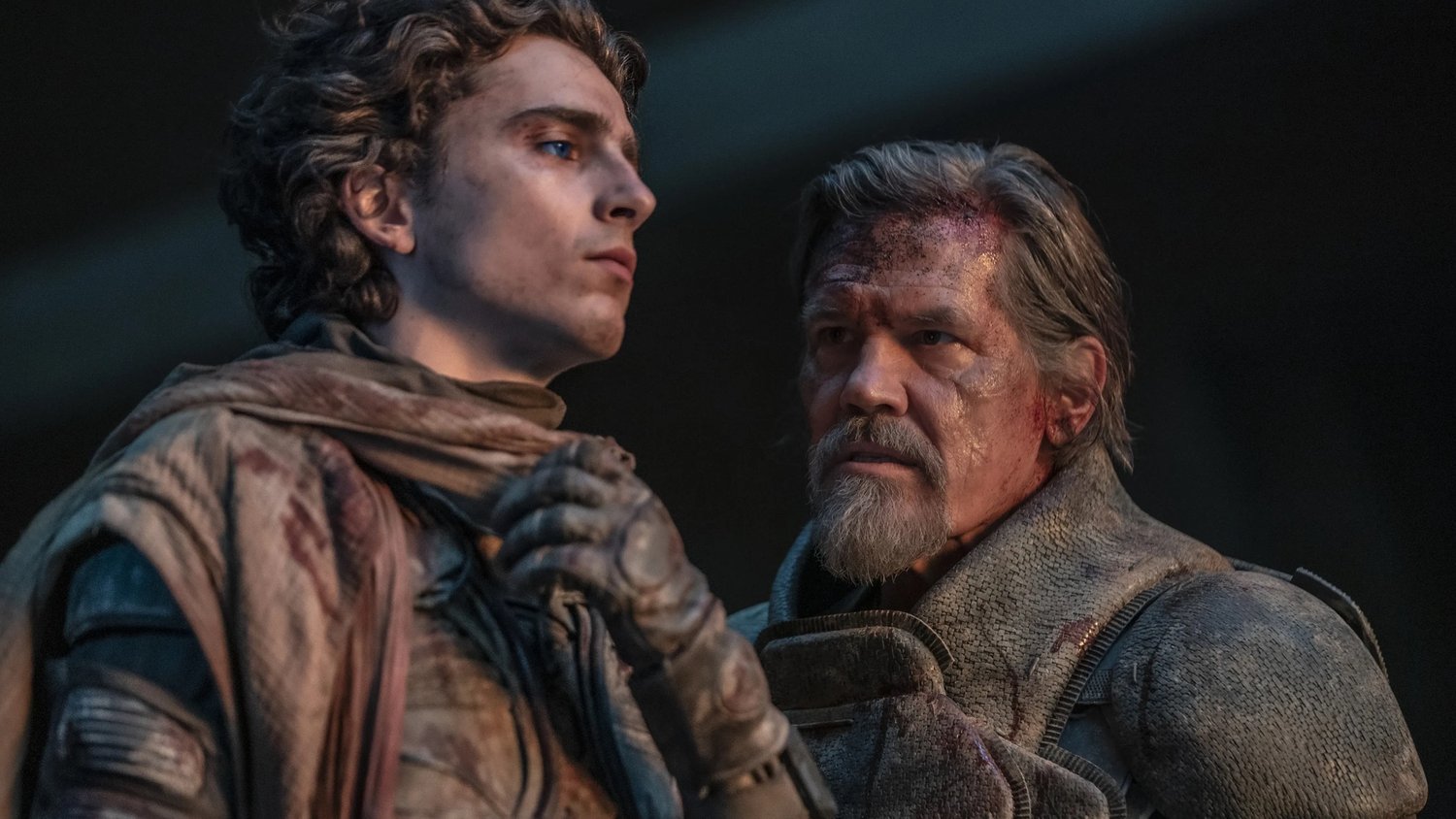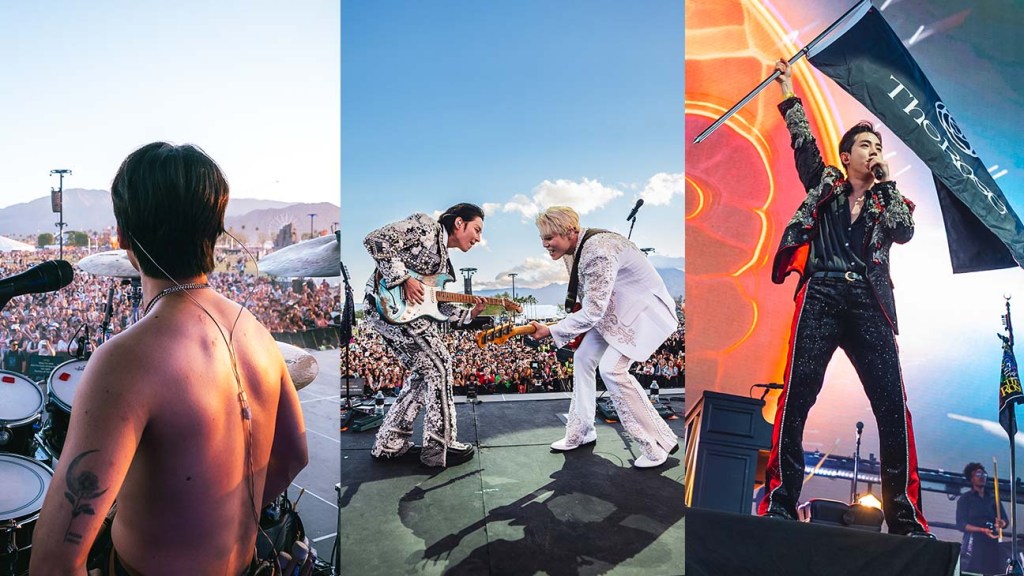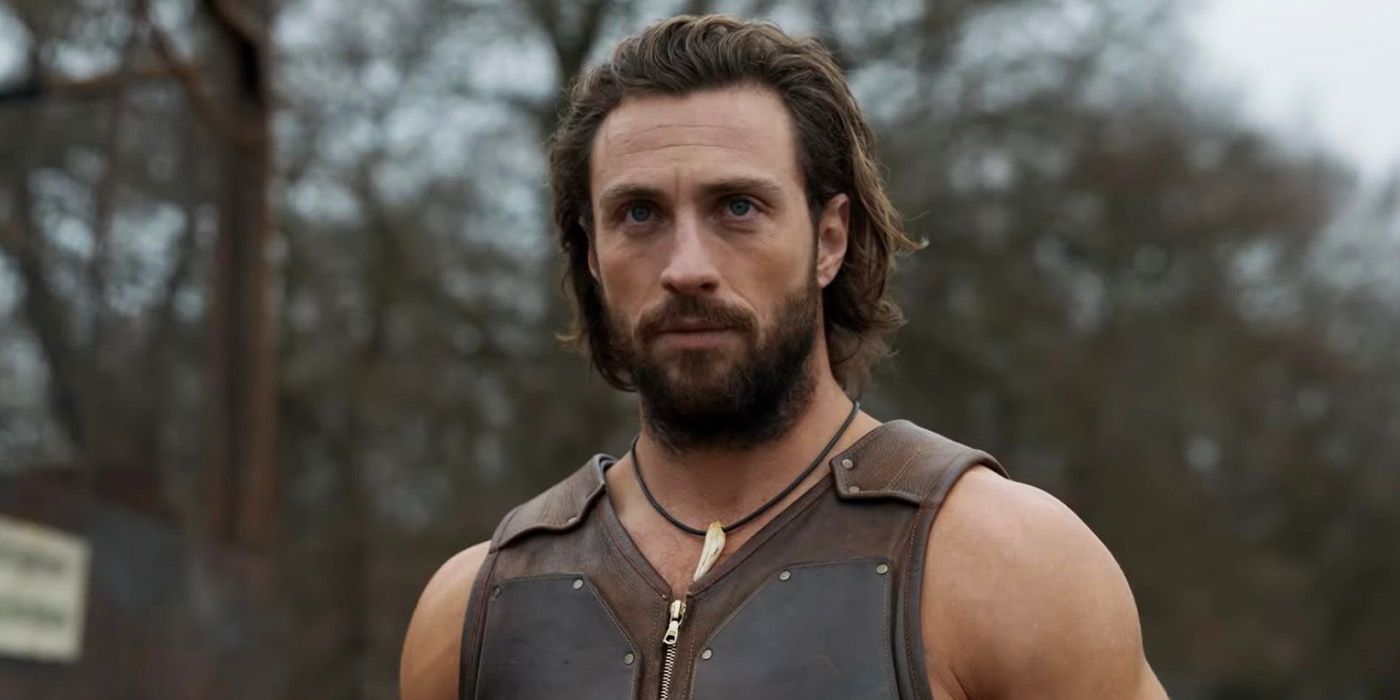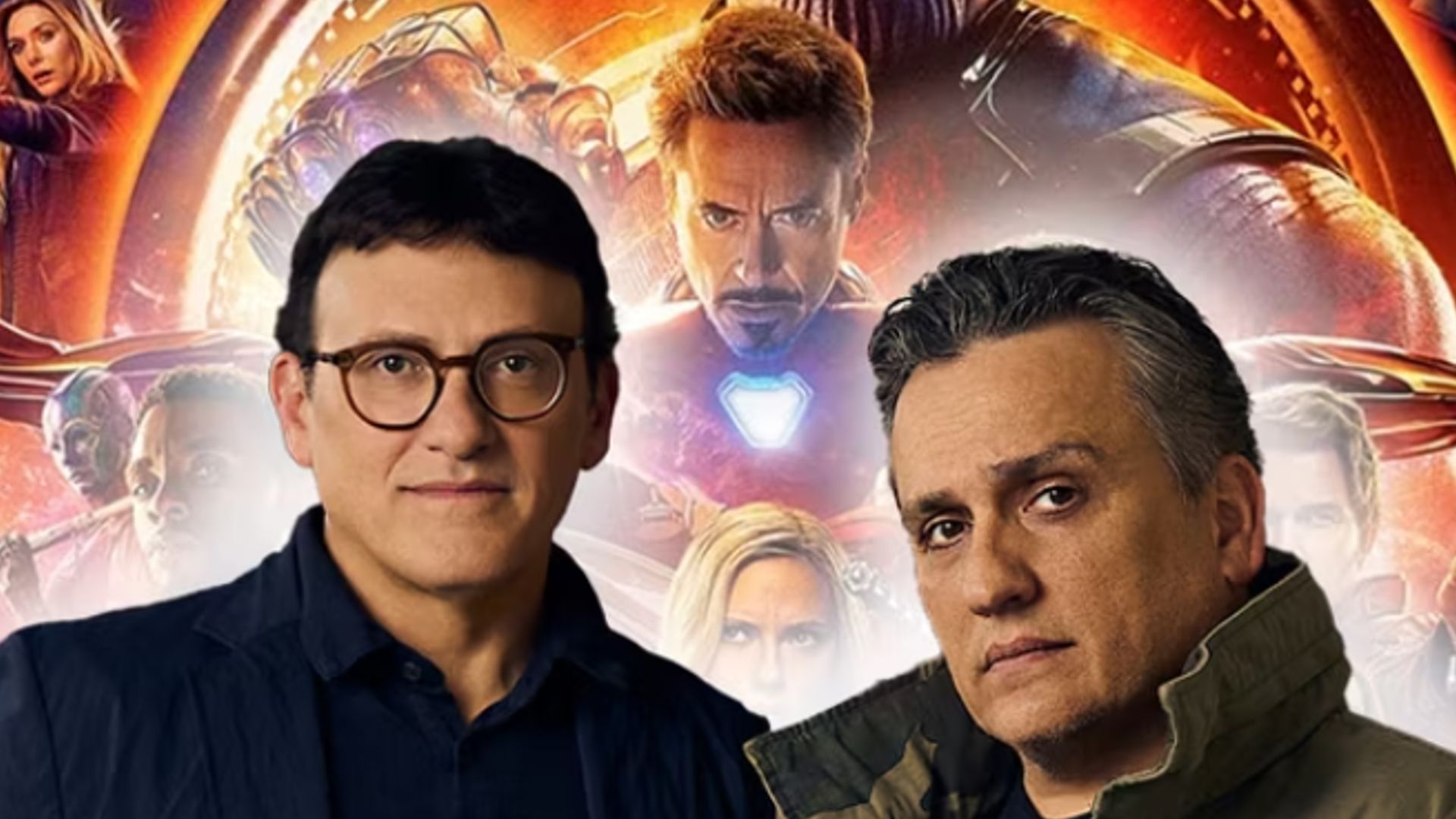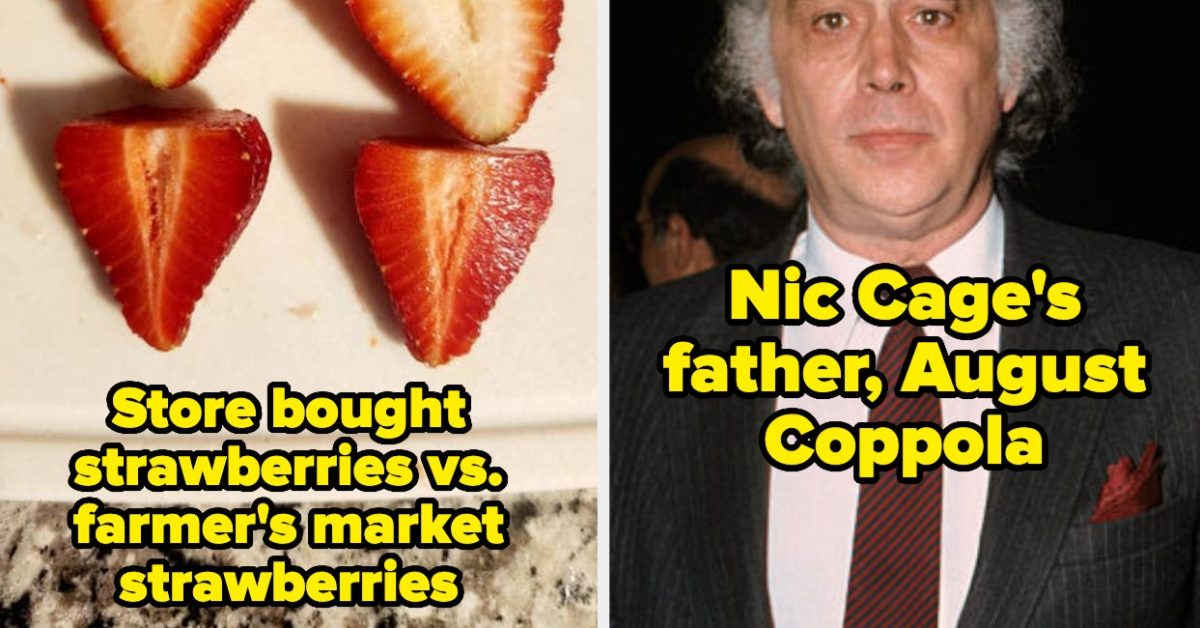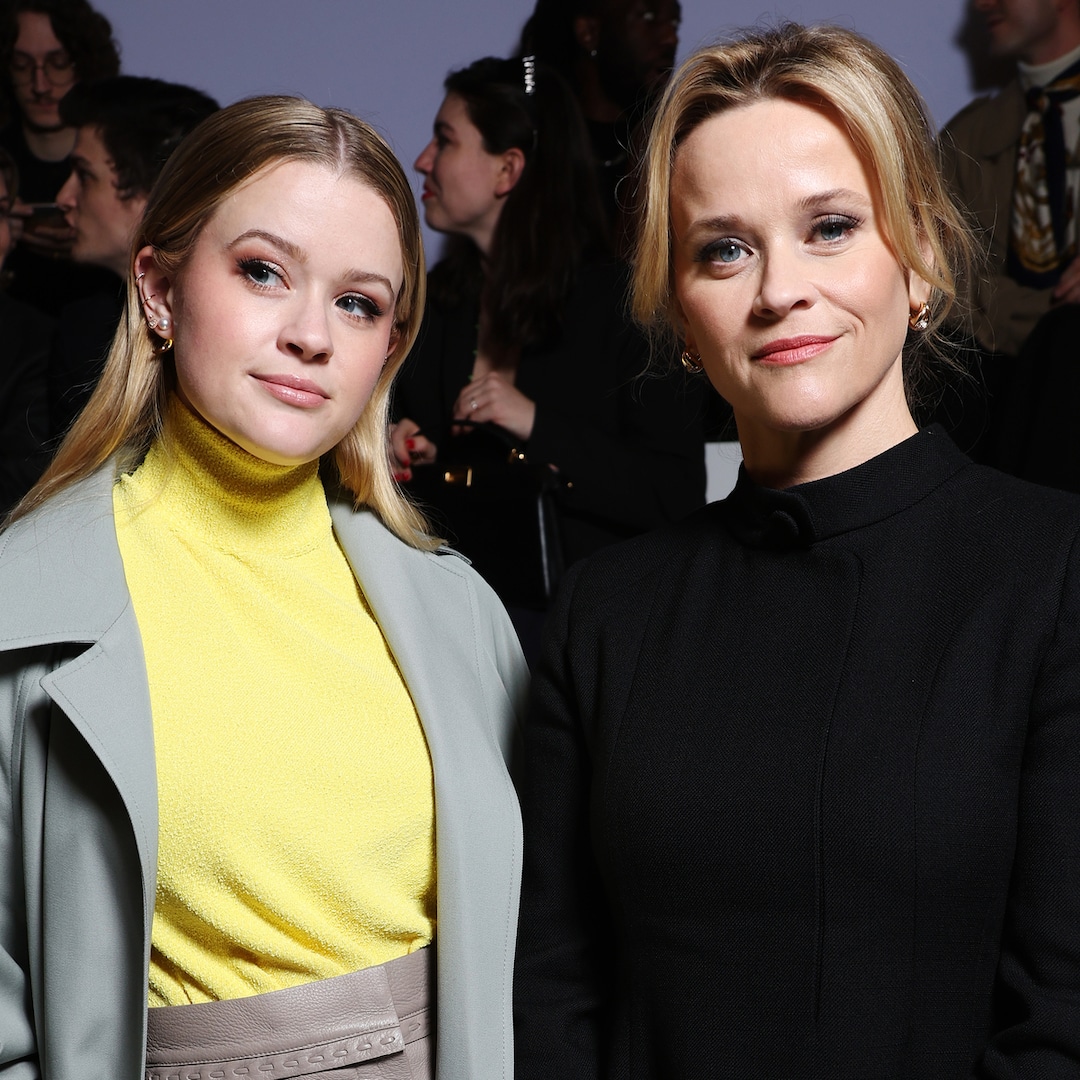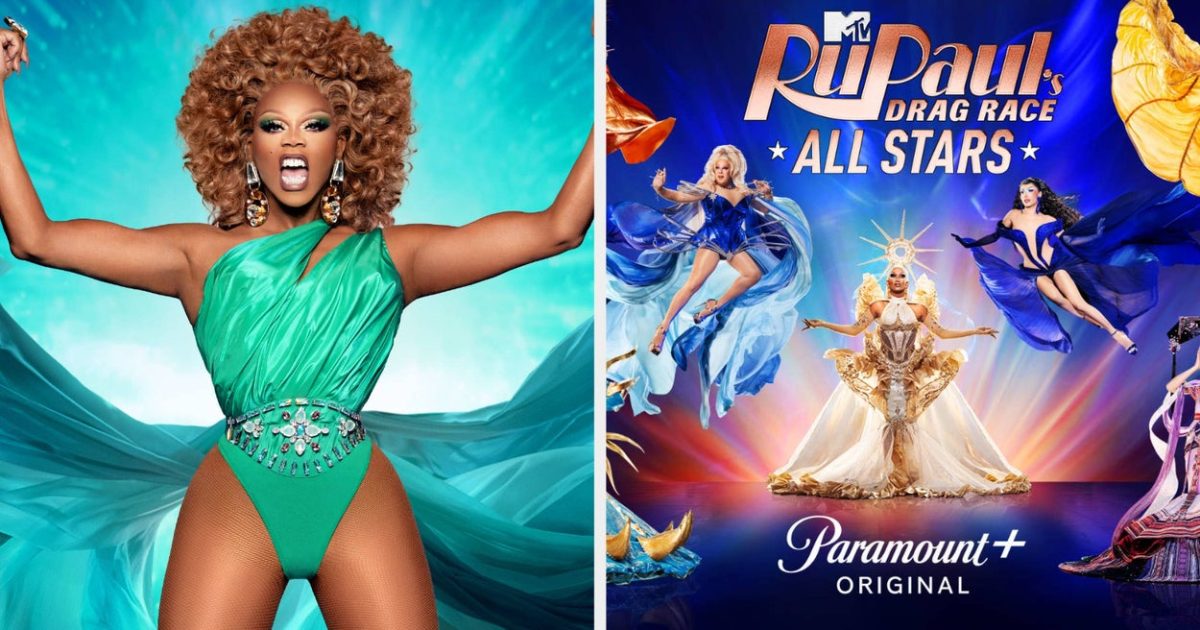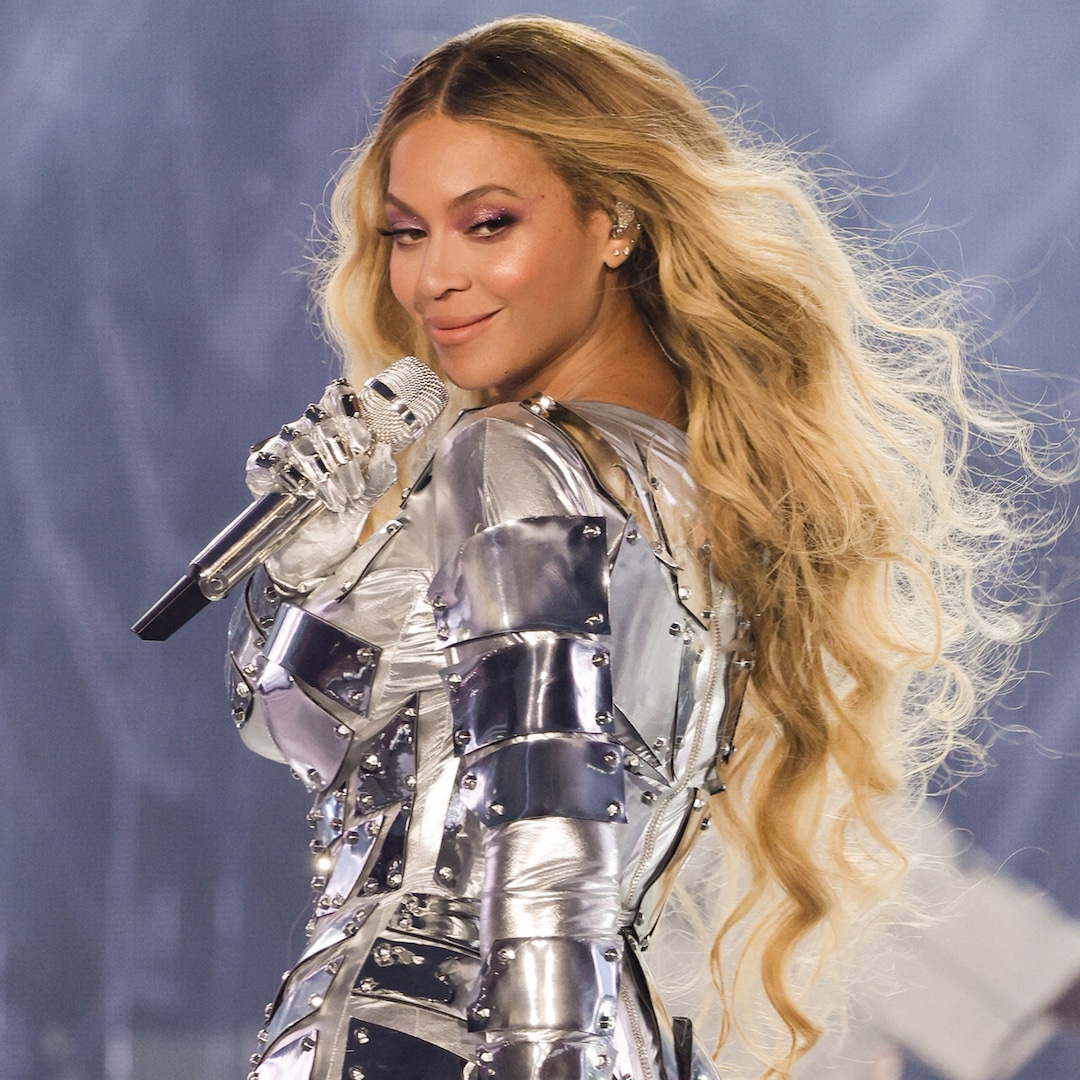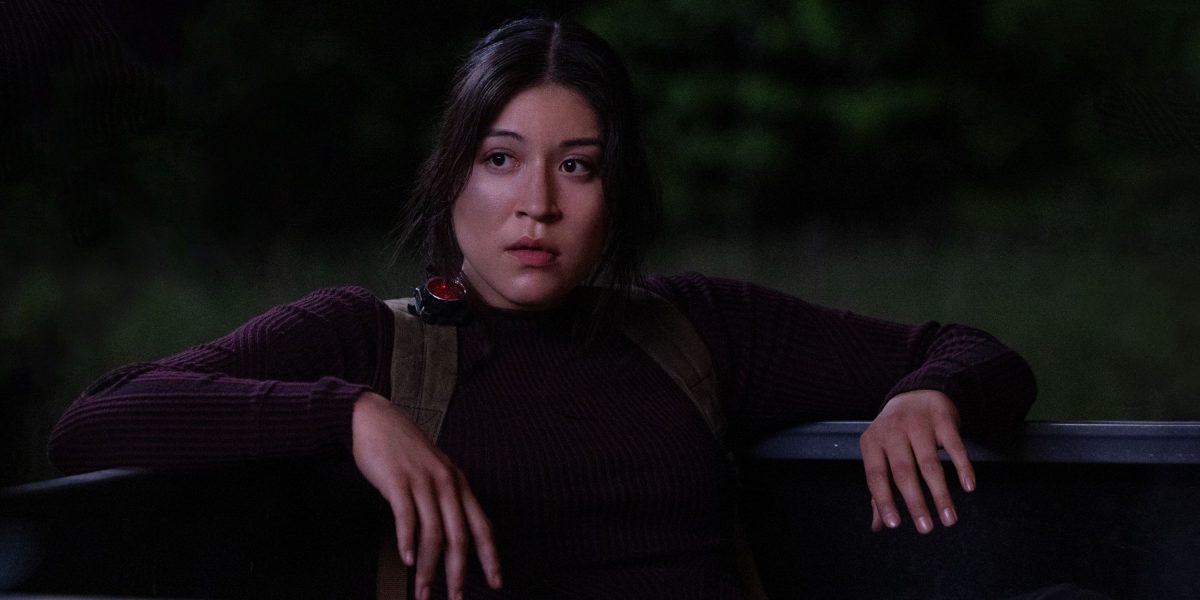
‘Echo’ Director Shares Why The Mix of Superhero Action & Powwows Is Special
Nov 4, 2023
The Big Picture
Echo combines Native American culture and Marvel superheroes in an exciting and authentic way. The show explores themes of trauma, family, and the consequences of our actions, with a street-level view rather than cosmic stakes. Director Sydney Freeland prioritized representation, partnering with the Choctaw Nation and incorporating deaf and Native cast and crew members for an authentic portrayal.
Echo, the latest Disney+ series from Marvel Studios, tells the story of Maya Lopez (Alaqua Cox), an Indigenous motorcycle-riding, gun-toting character torn between the criminal underworld run by Kingpin (Vincent D’Onofrio) in New York City and the Choctaw family that shaped her childhood. When those two worlds collide, Maya is forced to face her past and reconnect with her roots to figure out who she really wants to be.
Collider recently got the opportunity to head over to Disney Studios to see three scenes from the series – one that shows the family tragedy that set her on her path toward Kingpin, another one showing a ruthless fight sequence that teach her the brutality that she’s capable of, and a final one that finds her coming face to face with the Native American roots she left behind – bookended with the trailer and a glimpse into what to expect from the season, all giving a sense of the look, the feel, and the approach to the storytelling. Director/executive producer Sydney Freeland was on hand to discuss the importance of representation, leading to a partnership with the Choctaw Nation of Oklahoma as well as learning ASL to be able to communicate with her deaf lead actress, along with how the series is an exploration of trauma, operating from a street level view without cosmic consequences, recreating a powwow from the ground up, the challenges of having a lead character that doesn’t speak, why she’s in awe of Cox, and how large Kingpin looms throughout the season.
Question: What made you want to be a part of this series and have a hand in telling this story?
SYDNEY FREELAND: Just a little bit of an introduction about myself is that I’m Native American, myself, Navajo Group on the Navajo Reservation in New Mexico. I grew up reading Marvel comic books. Not Image, not DC, not Dark Horse, not Malibu. I grew up reading Marvel. And so, when I heard about this project and I interviewed on it, one of the first things I said to Kevin [Feige] when I pitched on it was, “I grew up reading comic books, and I grew up going to powwows.” Powwows, to me, was like somebody in Anaheim going to Disneyland. That’s how common an event it was for me. So, those are two things that I grew up that were so integrated into my personality and my experience, but those two never overlapped. And one of the most exciting things about this series is that we’re gonna take those two things and smash them together in a really great way. It was a really amazing experience. We had a bunch of amazing people, in front of the camera and behind the camera. Representation was extremely important, to myself and also to everyone in the crew.
Image via Getty Images for Marvel Studios
How would you set up what the series will be?
FREELAND: Thematically, this show is an exploration of trauma – how we deal with it, how we cope with it, how it affects us, how we affect it, how it affects those around us. This show is operating a little more on a street level view. These aren’t cosmic consequences. It’s not the fate of the universe at stake. This is the fate of a family. What you’re gonna see is the beginnings of the origin for not only Maya Lopez, but then also this seismic, fracturing event that’s gonna affect her entire family, and that we’re gonna see has ripples and consequences throughout the entire show . . . We delve into the drama with this family and how they’ve all dealt with this situation, over the past 20 years. We have this two-pronged approach to the series, where it’s this family drama, driving everything, but then there’s this undercurrent of a fantastical side, which is that we are going to be visiting Maya’s matrilineal ancestors, going quite a bit backwards in time. Those two things – this family drama and these ancestral stories that we’re gonna see – are gonna come head-to-head.
What is life like for Maya in New York?
FREELAND: As a teenager, Maya is firmly planted in New York. Her father is a criminal, and she has a desire to take after him. Spoiler for Hawkeye, but her father dies, which leaves Maya in a very vulnerable, emotional place. She’s got all this bottled-up emotion and rage and feeling inside of her, and she doesn’t know what to do with it. There’s gonna be somebody there to give her a little nudge, give her a little push, and that person is Kingpin. Kingpin’s superpower isn’t his strength, it’s his intellect and his ability to psychologically manipulate people. It’s a pivotal turning point for Maya, stepping into her villainhood. She’s in a very vulnerable place, looking for something to feel.
What would you say about who Bonnie is to Maya?
FREELAND: Bonnie is a new character that doesn’t exist in the comic books. They are cousins, but their relationship is as if they are sisters. That’s how close they are. That’s gonna be one of the core relationships in our series . . . A series of events happens that brings Maya back to Oklahoma, after being gone for 20 years, and she’s done everything she can to avoid interacting with Bonnie, her cousin-sister, and they’re gonna be reunited in a very unconventional way. You’ll also meet Uncle Henry, who plays the brother of William. He’s also a criminal, and he operates in the criminal network that Kingpin has. One of the other things that we were interested in with the show is looking at the criminal reach that Kingpin has outside of New York. We’re gonna explore some of that in the show, as well. Henry is what we call our regional manager to Kingpin. He owns a skating rink, but he also operates an illegal shipping/smuggling operation, as well.
Image via Marvel Studios
As a Native executive producer and director, what were some of your must-haves when it came to infusing Native culture into the series?
FREELAND: Authenticity. It’s a multi-pronged approach. We had to have Native representation. That was a must. We had to have deaf representation. That was a must. So, it really started within our writers’ room. When I came on board, we tried to keep that energy going. We had Native people behind the scenes and in front of the camera. Another big thing that was important to us was our partnership with the Choctaw Nation of Oklahoma. Early on in the process, once we had our pilot script, myself and my department heads all took a trip there. None of them had ever been to a powwow before, so two years ago, in December ’21, we all took a trip out to the annual Choctaw powwow and showed everybody what a powwow was. I could describe it until I’m blue in the face, but they had to see it. My production designer had to see it through his eyes. My 1st AD had to see it through his eyes. How will they populate the background extras? My costume designer had to see it through her eyes. When my costume designer first came on board, she was like, “Okay, we’re gonna start making these powwow costumes. Is there a powwow store? Is there a place to go and get this stuff?” And the answer was, no, everything is custom-made. We were adamant, from the beginning, that we needed actual dancers and people that we could bring out to Georgia to recreate a powwow from the ground up.
The other thing was that it was extremely important to have a partnership with the Choctaw Nation, so we had a meeting with them, early on, and basically presented the series to them. In the same way that I had to pitch to Kevin, I pitched them the project and said, “This is what the show is. It’s not gonna be hold-your-hand. It’s not gonna be earnest. It’s gonna be a little more violent, but we feel like there’s a great story behind it. What do you all think?” And it was crickets on the other side of the table. I said, “No, we’re not here to tell you what we’re gonna do. We’re here to create a dialogue, so that we can get your input and create a more authentic portrayal of the Choctaw people and culture.” Speaking for myself, I’m Navajo. I’m not Choctaw. I don’t speak Choctaw. I’m not Choctaw culture. So, one of the big things that was important for us was creating a dialogue with the Choctaw Foundation and getting their support.
With the TV-MA rating and the inclusion of Kingpin, this series seems to have a lot more in common with the Netflix Marvel shows than the traditional MCU. Was that the intent?
FREELAND: Yes and no. The story dictated our approach. Coming off Hawkeye, Maya is a villain, so tonally, we wanted to lean into that. I don’t know if I can say this, but I love the Netflix Daredevil. It’s great. We also very adamantly wanted to show that these people in our show bleed, they die, they get killed, and there are real consequences. It’s not the fate of the universe at stake because once you go that broad, you can lose sight a little bit. And so, that dictated the tone.
How was it to work and collaborate with Marvel on this?
FREELAND: I have to say, my experience was overwhelmingly positive. Was it difficult? Absolutely. It was the most difficult thing I’ve ever done. You hear the stuff about how crazy and hectic it can be, and there’s definitely truth to that. But the one thing I can say is that they protect the shit out of their creatives. I felt absolutely protected and empowered, which is rare for a project of this scope and size. I’ve done a lot of TV work, and I’ve done a lot of shows where every word has to be exact. [With Marvel], there’s an incredible amount of creative empowerment. It was an overwhelmingly positive experience.
Image via Marvel Studios
Were you familiar with Echo when the comic book came out?
FREELAND: I wasn’t familiar with the comic book when it came out. It was just briefly after my time, so I read up on all the content.
Which Marvel comics did you read?
FREELAND: Spider-Man and X-Men. I was born in ’80, so my time was ‘88 to ‘96. That’s when I peaked. Before I got the job, I read the Echo storylines in the comic books and, in all honesty, it was a little bit weak. That’s why representation is so important. If you look at the first issue of Maya Lopez, it’s a bunch of cool Native American imagery. The comic book is beautiful, but it has all this arbitrary imagery. It was a hodge podge of imagery that made this muddied, inauthentic backstory for the character. One of the first things we did was to go, “Okay, this is Choctaw and all roads lead here.” And then, we built out from that.
Do you clearly identify her as Choctaw in the series? How did you choose that specific Nation?
FREELAND: We talked about different permutations and we landed on Choctaw. One of our primary writers, Steven Paul Judd, is from the Choctaw Nation and they have a very rich history and backstory, as all Native cultures do. For whatever reason, we gravitated towards that. What we didn’t wanna do was be ambiguous and have it be a fictitious tribe. I don’t know if there’s any one thing that made it Choctaw, but it was having that backstory and the expertise and having people from Oklahoma that could really build out that experience. We do explicitly state that she is Choctaw and it plays a big part in this series.
Image via Marvel Studios
What are the specific challenges of having a lead character who doesn’t speak?
FREELAND: For myself, it was terrifying, initially, and then exhilarating to find out how to portray this with a lead character that doesn’t speak. The more we got into it, the more excited we got. Our visual approach and style is built around Alaqua Cox. She’s phenomenal and I can’t wait for everybody to be able to see her in the entire show. ASL was something that was extremely important to everybody, having the deaf perspective and experience represented. Because I’m not deaf, one of the things we all did, early on, was take ASL classes. For myself, it was important that I have some basic language, where I could talk to Alaqua and look her in the eye and say, “That was nice! Again. More emotional.” I just wanted to have some basic words for her. It had this positive reinforcement cycle.
The more we took ASL and the more conversations I had with the Alaqua, the more it influenced our visual approach. Can we sustain a six-minute scene with two characters that don’t say anything? Do we have to cut around stuff? Do we have to protect her? And the answer to all that was, “No, we don’t.” And so, what we landed on was to embrace ASL. On our show, a close up [is further away], so that you can see the signing. The signing is the text, and then the face is the subtext, so you need the pairing of those two things to get the full emotional intent of what a character is doing or saying. It’s the same way with dialogue. We rarely go past that with our closeups. Nobody gets special treatment. Everybody is in service to Maya, and that dictated our visual approach. It actually ended up being a very straightforward, relatively simplistic approach to portraying a deaf character, and it was actually quite fun.
What was it like to direct the action scenes with Alaqua Cox?
FREELAND: Alaqua wanted to do her own stunts. She was coming off six days on Hawkeye, which was the sum toll of her entire film experience. And then, she got thrust into number one on the call sheet for a 90-day shoot, and she met that challenge head-on. Initially, she was like, “I wanna do my own stunts. I wanna go in there and fight.” Once she found out what it would be, we found a middle ground, but she definitely leaned into it. Physically, emotionally, and psychologically, it was a lot for her, but she rose to the challenge. I’m in complete awe [of her].
This is something we’ve never seen before, in terms of a lead Native woman in modern day, where it’s not based around her being Native. These are bad-ass people, who just happen to be Native. As a Marvel fan growing up, what would it have meant to you to see a character like this? What are you anticipating the impact will be on youth across Indian country?
FREELAND: That’s a great question. I worked on Reservation Dogs too, and being in the writers’ room for Season 1, we didn’t know what the show was or how to approach it. We tried all these storylines and we asked ourselves, “What is an episode of a Native led and Native made TV show? What happens?” And then, Sterling [Harjo], the showrunner of Reservation Dogs, said, “Fuck it, if we were teenagers, what would be the show that we would make? What would be the stories that we’d wanna see on screen?” And that dictated our whole approach. So, we really took that mentality and applied it to this, as well.
Image via Marvel Studios
You also have a First Nations Australian director, Catriona McKenzie, on the show. Was that an intentional choice?
FREELAND: In our goal of having Native writers, Native actors, and Native talent, one of the things with having Indigenous voices represented was with the directors too. Catriona McKenzie directed our middle episode, and I’m very excited [about] her episode and am a little jealous because I think it might be the best of the series. It’s extremely well done. Catriona is Australian Aboriginal, and she brought that perspective and sensitivity to the concept that we were going for.
Are you able to share any Marvel character cameos that might happen this season?
FREELAND: You’ll have to watch the series.
How big does Kingpin loom throughout the show?
FREELAND: I will say very large. One of the core relationships in the entire series is the relationship between Kingpin and Maya. You’ll come to find out that he becomes a surrogate father to her. I’ll leave it at that.
Image via Marvel Studios
Do you think about bringing an audience into the show that doesn’t have full knowledge of the MCU? Is there an entry point in this series for someone who might not have that knowledge?
FREELAND: Our hope is that you don’t need to have seen any other Marvel show before. Obviously, we have to establish ourselves in the MCU, but then we quickly make it our own. It’s tough because I’ve seen so much of the Marvel content and I’m so familiar with Hawkeye, but it’s something we’re very conscious of. The goal is that you don’t have to have seen anything else.
In the comics, Echo’s superpower is being able to mimic any fighting style. What, if anything, will we see of that in the show?
FREELAND: Her power in the comic books is that she can copy anything, any movement. It’s kind of lame. I will say that is not her power in the series, and I’ll just leave it at that.
All episodes of Echo will be available to stream at Disney+ on January 10, 2024, and available on Hulu until April 9, 2024.
Publisher: Source link
I’m Pretty Much The Dumbest Guy On Earth So These 22 Absolutely Incredible Pictures Put My Brain In A Blender Immediately After I Saw Them
I'm Pretty Much The Dumbest Guy On Earth So These 22 Absolutely Incredible Pictures Put My Brain In A Blender Immediately After I Saw Them 1. This is what Nicolas Cages' father, August Coppola, looked like: 2. This is how…
Apr 28, 2024
Reese Witherspoon & Daughter Ava’s Resemblance Is Wild in Twinning Pic
Reese Witherspoon Hit the 2024 Golden Globes Red Carpet with a Special Date: her eldest son Deacon PhillippeReese Witherspoon and Ava Philippe walk the line of being impossible to tell apart. In fact, the Legally Blonde star and her 24-year-old…
Apr 28, 2024
RuPaul’s Drag Race All Stars 9 Reveals Cast And New Twist
RuPaul's Drag Race All Stars 9 Reveals Cast And New Twist The RuPaul's Drag Race TV universe stops for no one. Just last week, Nymphia Wind was crowned the winner of Season 16. And days later, Drag Race has announced…
Apr 27, 2024
See What Gifts Beyoncé Sent a 2-Year-Old Fan After Viral TikTok
Tyler Fabregas is surrounded by Beyoncé's sweet embrace. After the 2-year-old went viral for calling the Grammy winner his friend, she proved the feelings were mutual by sending him and his family a loving care package. Alongside a photo of…
Apr 27, 2024
